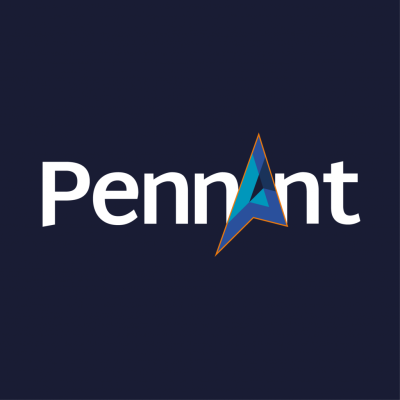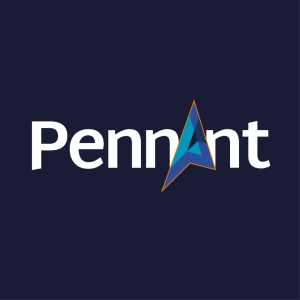One of Pennant International’s Integrated Product Support experts, Mike Petik, frequently assists customers and industry partners in developing and formatting database requirements according to their specific industry standards. Previously, this process involved using a Microsoft Access Database that adhered to the 13882B standard, requiring manual selection, tailoring, and styling. Reports were then exported and shared with various stakeholders within Logistic Support Analysis Records (LSAR) working groups. The ongoing exchange of updates and adjustments eventually led to a final output for the contract.
In one particular instance, Mike supported the definition of data requirements based on the 0007B standard. The development of this requirements database included additional fields to capture project phases, tailoring, and guidance. The initial database build took about three months, with each iteration of selection and tailoring taking approximately five days. Excel outputs by individual products were used to input data into the LSAR, and to assess the deliverables from a project perspective.
The introduction of GenS has transformed this process. GenS Element Manager (GEM) efficiently records all data element requirements for any standard supported by GenS. It begins with a comprehensive list of data elements, along with their attributes and definitions. GEM ensures that mandatory elements are selected by determining their hierarchy, and these selections are saved to the database or a local file. This local file can be easily transferred to another client, enabling them to adopt the requirements by simply uploading the file.
GenS allows users to create multiple configurations across various standards, which can be mapped to multiple projects within the same database. When working on a product build, only the elements relevant to the assigned GEM configuration are visible, and definitions, guidance, and direction are readily available prior to data input. Recently, Mike used GenS to create a requirements configuration for one of our clients on behalf of their customer. He spent just two days with the customer to create the Local Config File and Artifacts, which were then sent to the client.
Mike concluded that using GenS in place of older software can reduce two to three months of work to just a day or two. The timesaving and cost-effective features within GenS streamline data element management, making it significantly faster and more efficient compared to the previous manual approach. This not only reduces time but also improves efficiency and consistency, with the added benefit of easy adoption. However, for those unfamiliar with Integrated Product Support or Product Support Analysis, it may take some time to fully understand the standards being applied.
Pennant International Group plc (LON:PEN) was established over 60 years ago and is a leading global provider of technology-based maintainer training and integrated product support solutions. The Group operates worldwide, with offices in Europe, North America and Australasia.


